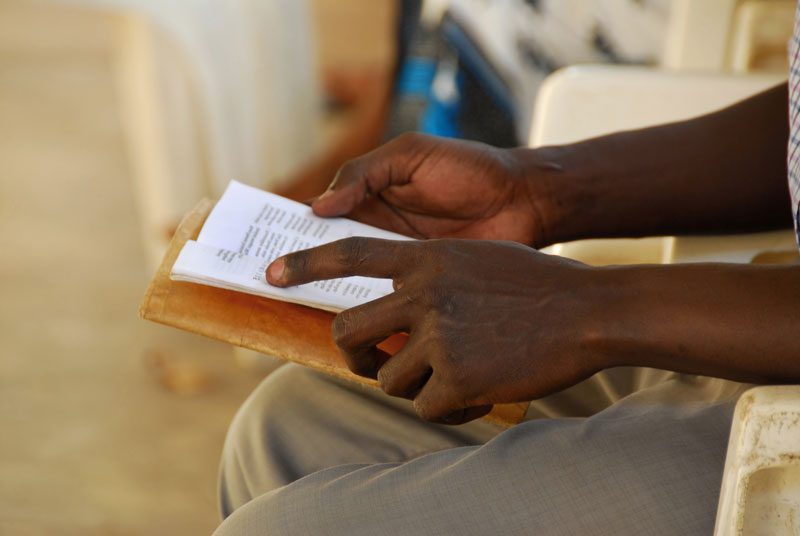Related Articles
Welcoming the Stranger
Presenter: Matthew Soerens, US Director of Church Mobilization, World Relief Description: Refugee and immigration issues have dominated headlines globally recently. While many American Christians view these…
Many Ethnicities, One Race
The idea of “races” is fiction. There is but one human race descended from one parentage, all of whom are created in the image of God spiritually, rationally, morally, and bodily. Our failures at unity is a failure to ground our ideas of ethnicity and “race” in the person and work of Christ Jesus.
Spring Break Mission Trips: A Blessing or a Curse?
Most visiting US churches will never know the reality of what happens within the Mexican church because they will have little or no contact until their return trip the following year.
Spring Break Mission Trips: A Blessing or a Curse?
Most visiting US churches will never know the reality of what happens within the Mexican church because they will have little or no contact until their return trip the following year.
Identity, Security, and Community
By Dick Brogden Jeddah, KSA. November 2019 Synopsis: God is light and in Him there is no darkness at all (1 John 1:5). It is…


